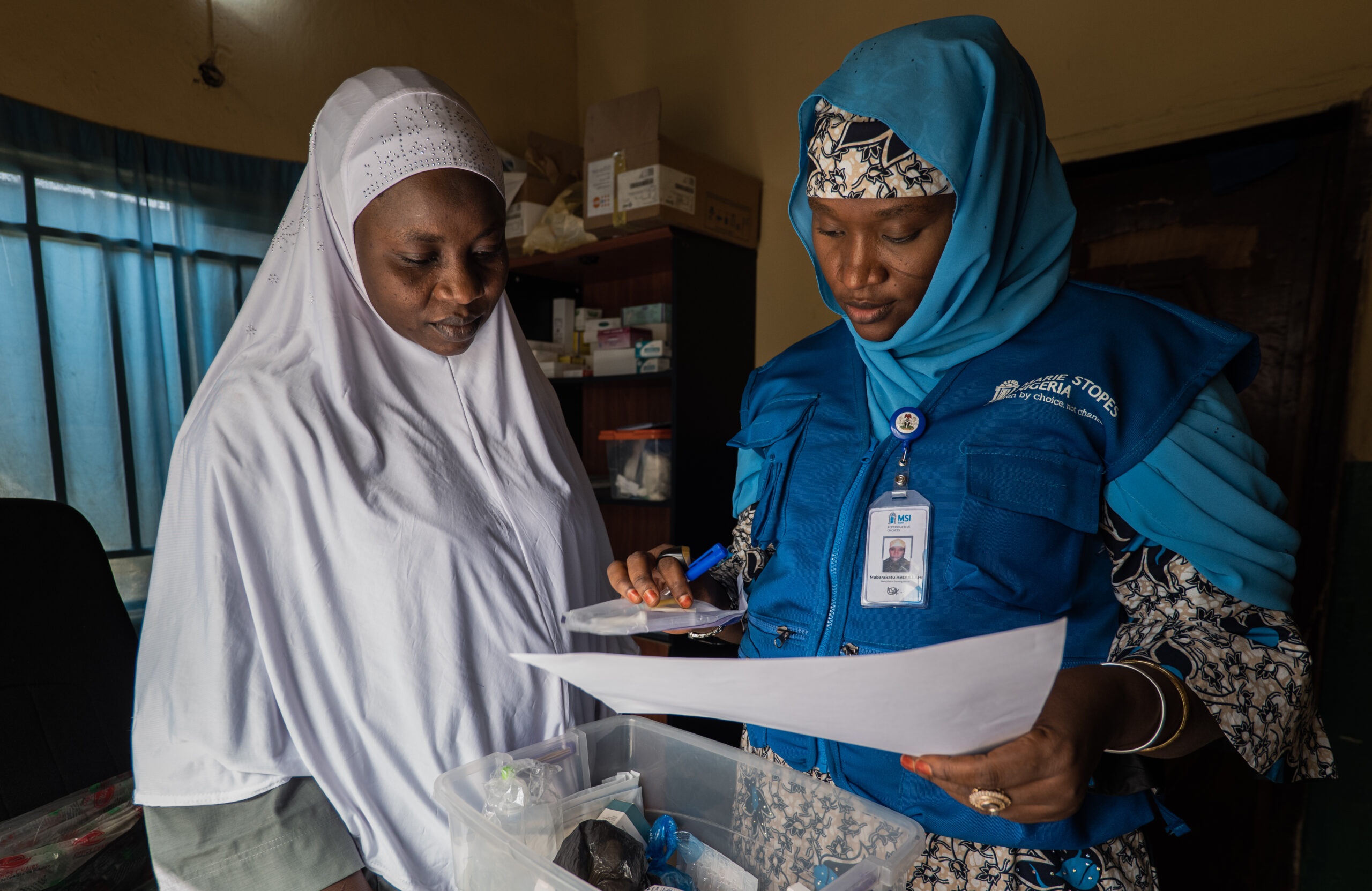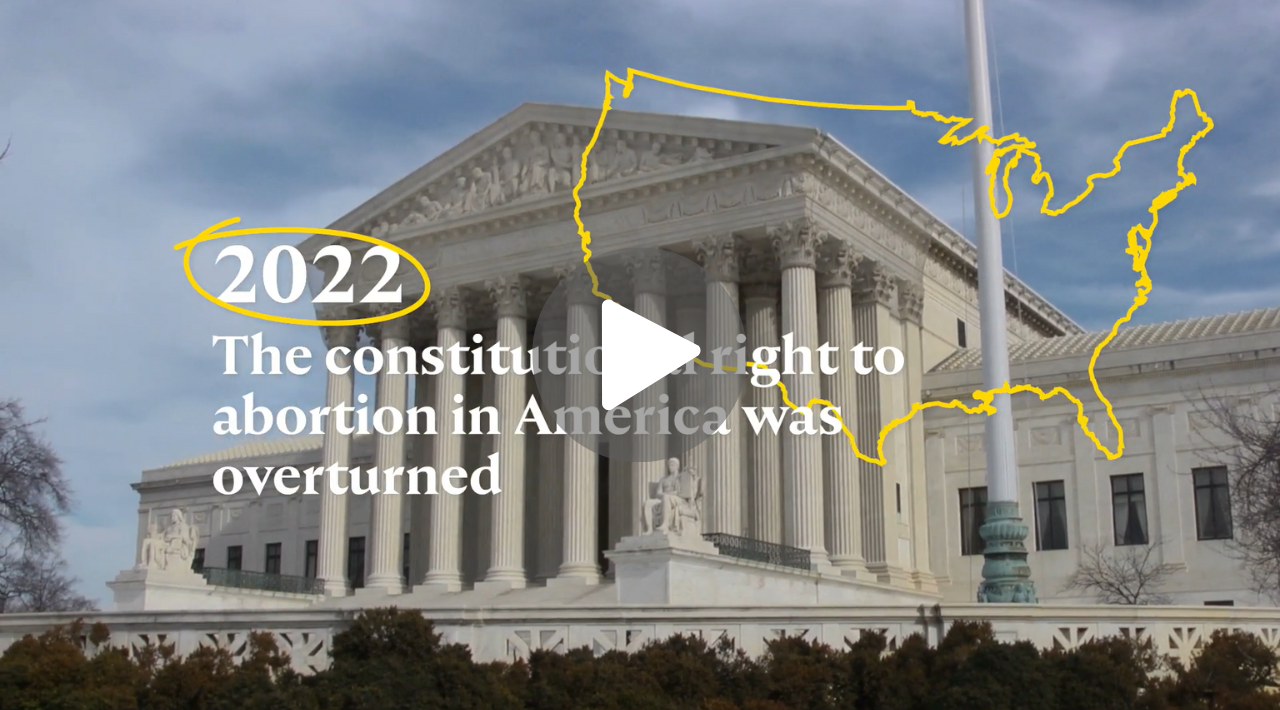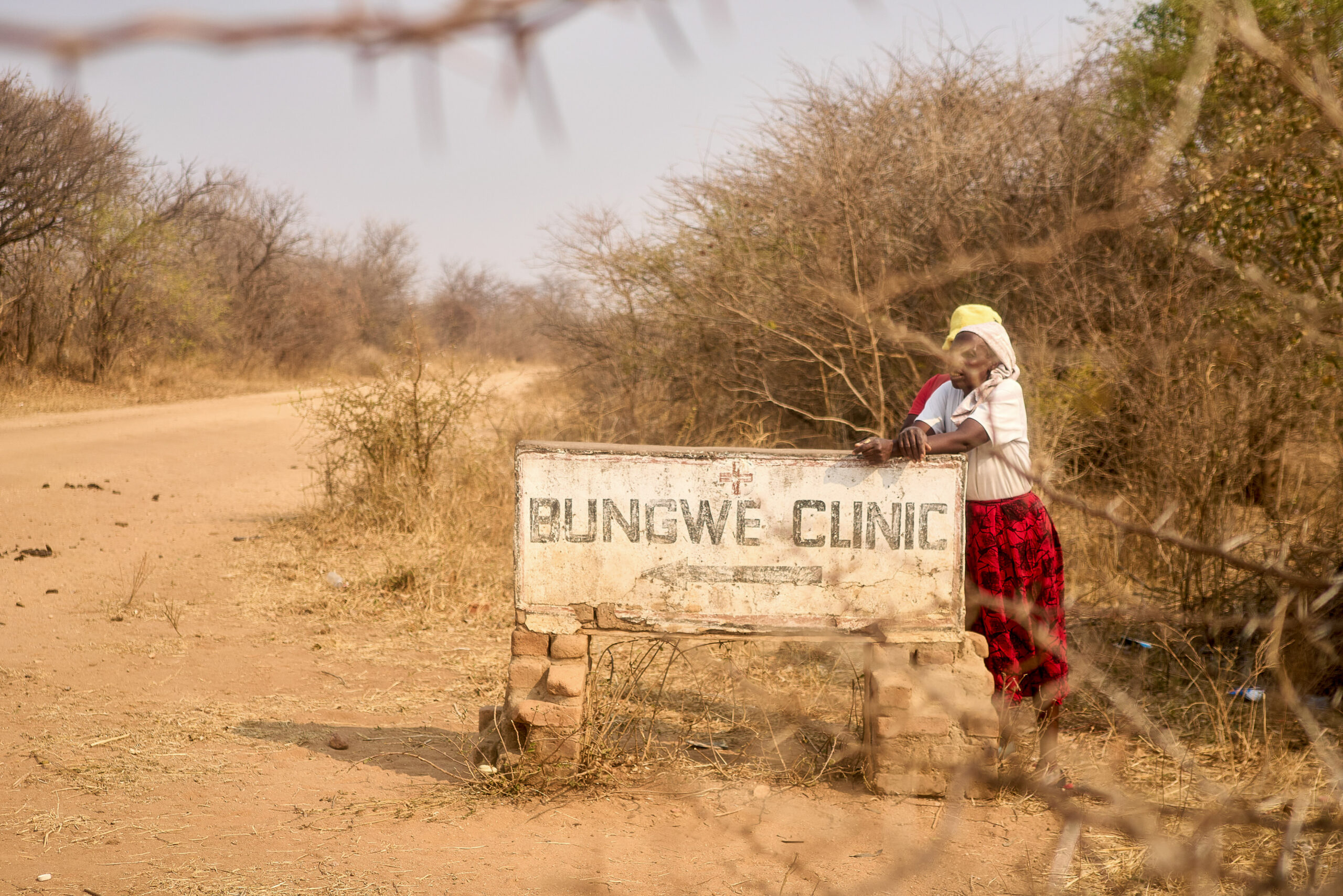“I believe that planning and using contraceptive methods helps a lot socially, economically, and especially in health.”
Bárbara Pérez works for the MSI Mexico Midwife Project, building a network of midwives and health providers trained to provide contraception and reproductive healthcare across Mexico. The team travel to areas that nobody else can reach, ensuring that even the most vulnerable communities have access to essential health services.
Working in Chiapas state, a region of extreme poverty, where abortion is highly restricted, Bárbara sees the lengths women will go to end an unwanted pregnancy.
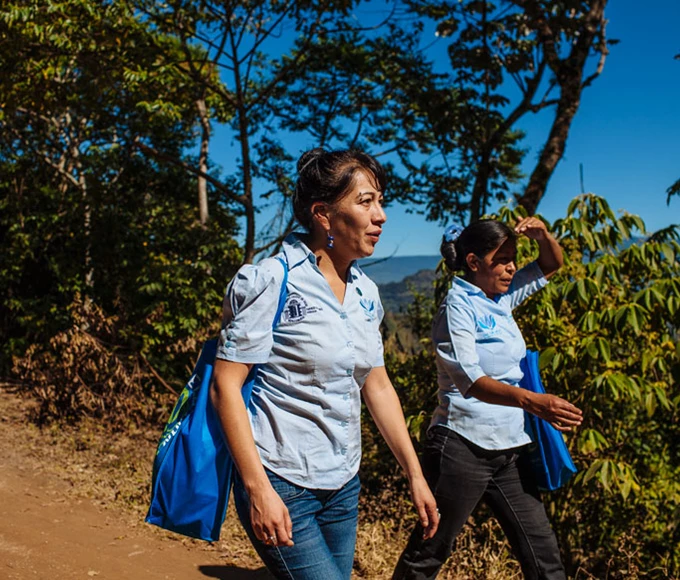
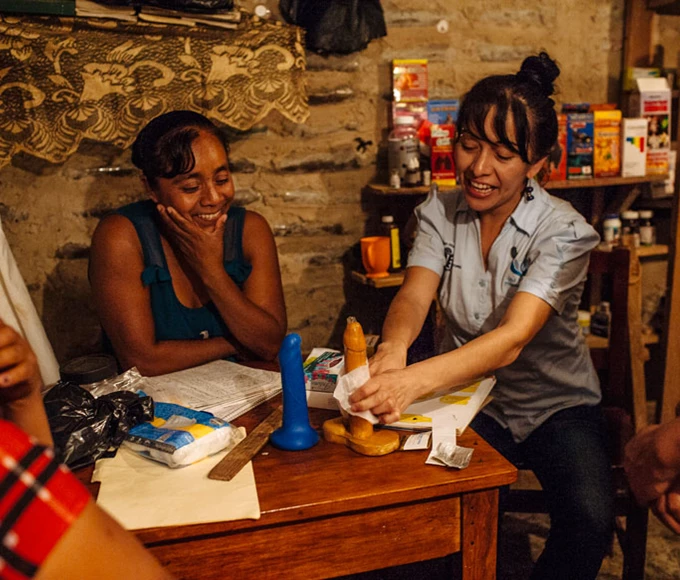
Having an abortion in Mexico is still considered taboo, with restrictive laws varying greatly between states. While in Mexico City, a woman can legally obtain an abortion up to 12 weeks into her pregnancy, elsewhere, the few legal grounds permitting abortion – such as a national law allowing women to terminate a pregnancy caused by rape – are poorly understood by authorities and service providers. Too often, this means that women outside of Mexico City are denied access to health care, or even prosecuted for seeking it.
“Women who live in Mexico City can decide for themselves if they want to continue with their pregnancy or not. Meanwhile, in the other 31 states of the country aborting is illegal. Only women with enough money can get a safe abortion – also prohibited, but done anyway.”
“We have had cases where women have taken a pesticide used in fields when they found out they were pregnant.”
Barbara Perez
Unable to afford to travel to the capital, Bárbara sees many women who have been forced to resort to desperate measures to end unwanted pregnancies.
“On many occasions, women resort to practices like sticking wires in themselves to interrupt the pregnancy. We have had cases where women have taken a pesticide used in fields when they found out they were pregnant.”
The MSI Midwives Project aims to address this inequity by giving contraceptive supplies to midwives in local communities and training them on how to offer reproductive services safely.
“Our intention is that community leaders who are midwives, promoters or nurses can have the information that we share on sexual and reproductive health in a scientific, secular and objective way.”
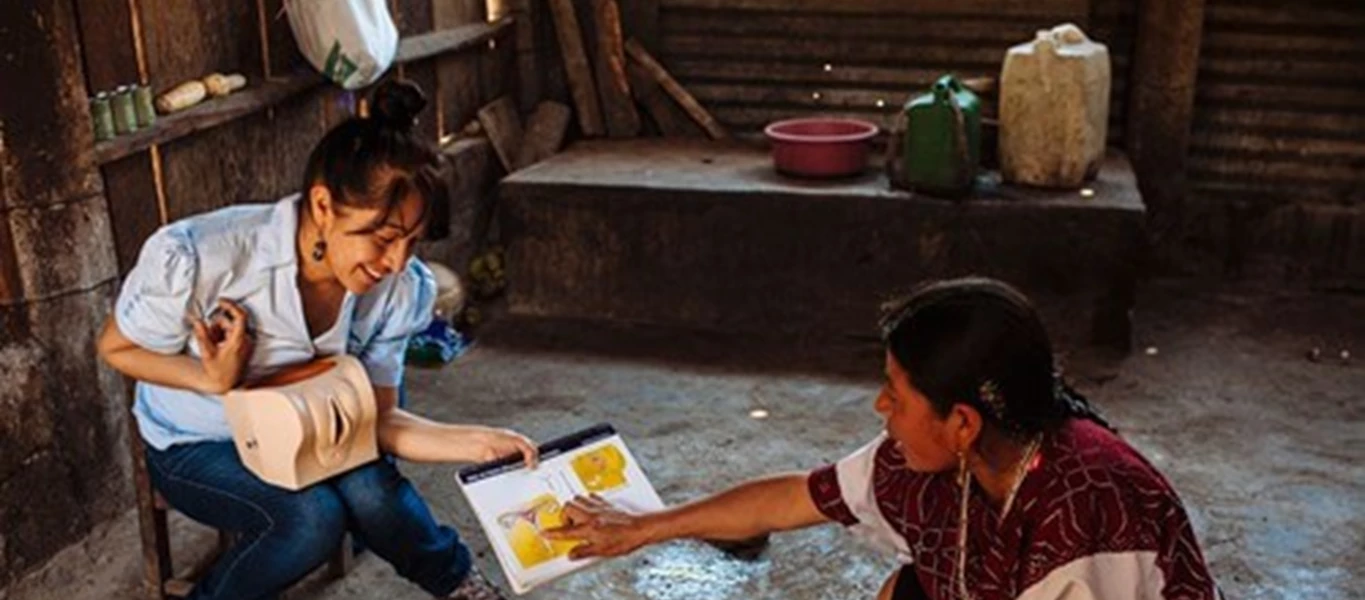
Bárbara works closely with women in local communities to address misconceptions about using contraception. “In some situations, it is complicated because women want to accept contraception methods, but have been given the wrong information about the topic. They believe it can be harmful, or that they may not be able to get pregnant again. So our work is to inform them and to erase the myths surrounding contraception.”
In the 13 years since Bárbara joined MSI, she has seen dramatic changes. “In those days, abortion was barely discussed in the communities. Nowadays it is different: you can mention the words clitoris, orgasm or IUD. Before now touching an IUD or condom was embarrassing for them, and sexuality was a huge taboo.
“There is still a lot of work to do in communities, for example, some women still have to escape at night to get the contraceptive injection. This is not one day’s work, it is a long process.”
“In those days, abortion was barely discussed in the communities. Nowadays it is different”
“That woman is going to change her life, because we could help her to exercise her right to decide for her body.”
Barbara Perez
“What I like and what motivates me a lot is the project itself. I know that if just one midwife or health promoter treated one woman in a month, that woman is going to change her life because we could help her to exercise her right to decide for her body. And if that woman tells another, then the information starts to spread and women will no longer have the need to put their lives at risk by aborting with unsafe methods.”






